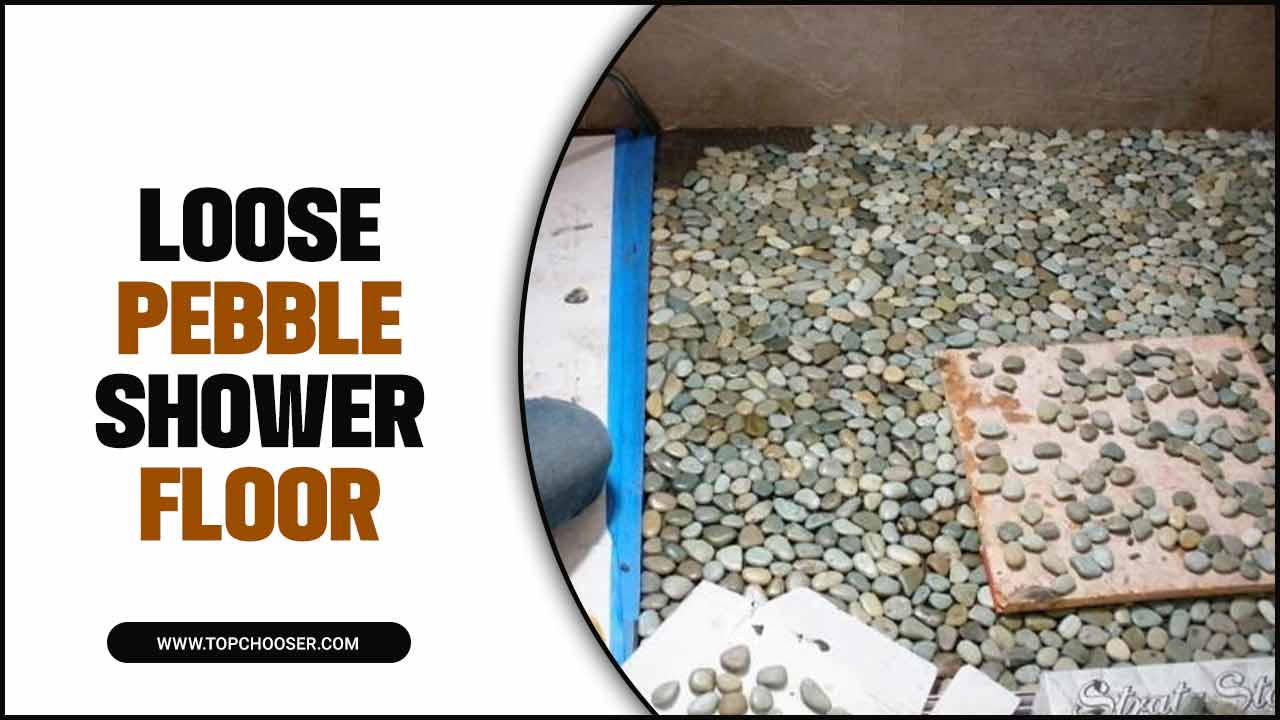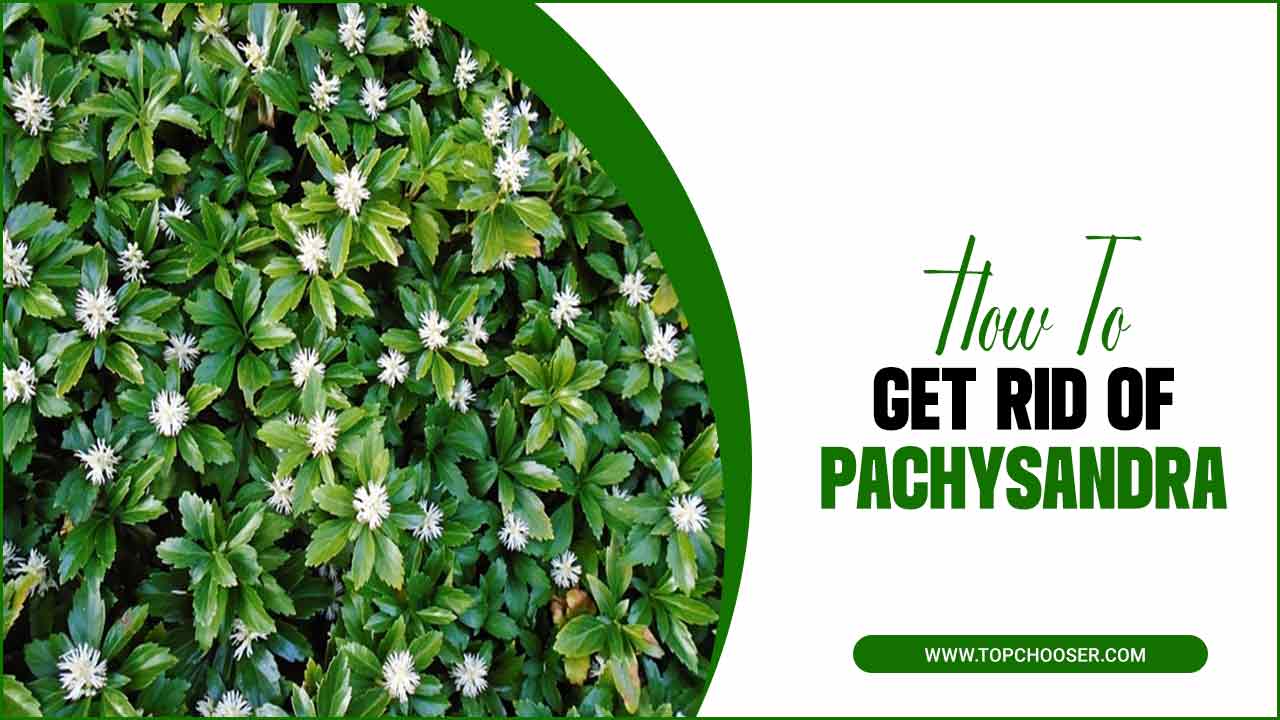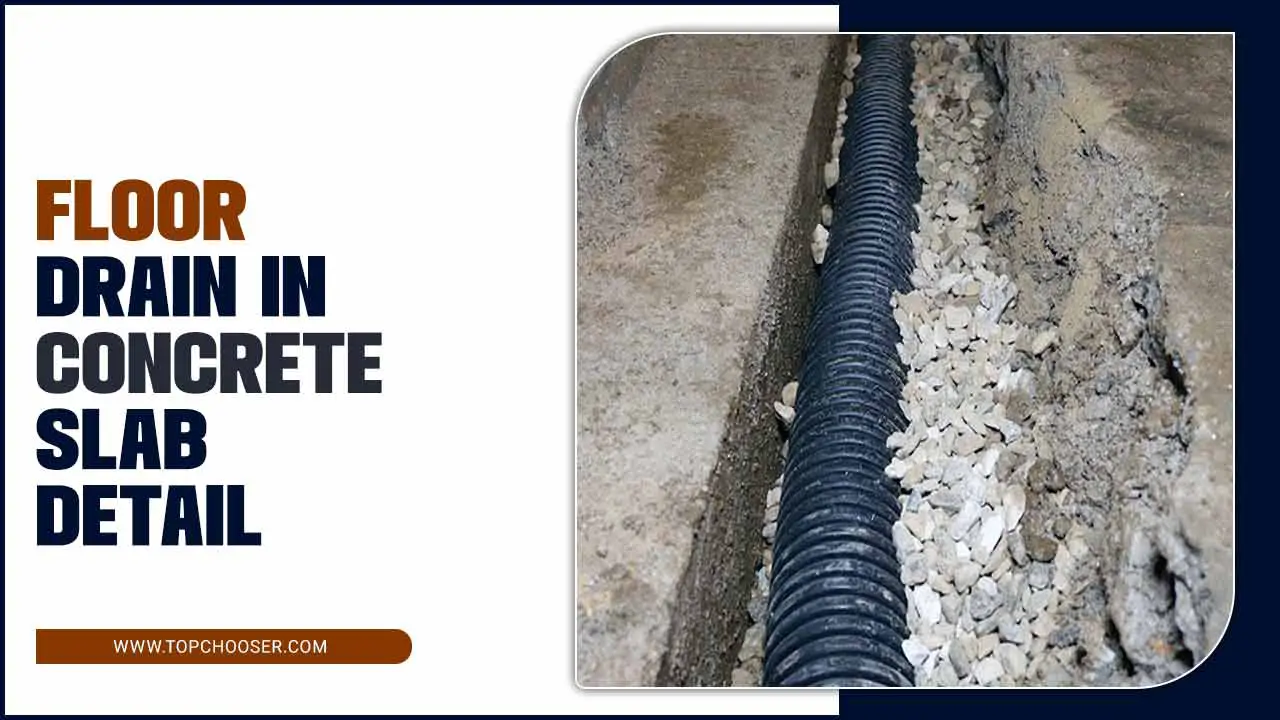What Screws To Use For Subfloor: The Ultimate Guide
Choosing the right screws is crucial for ensuring stability and durability. The type of screws you use will depend on the material of your subfloor, as well as the specific requirements of your project. In general, it is recommended to use high-quality, corrosion-resistant screws that are designed specifically for subfloor installations. These screws should have … Read more










